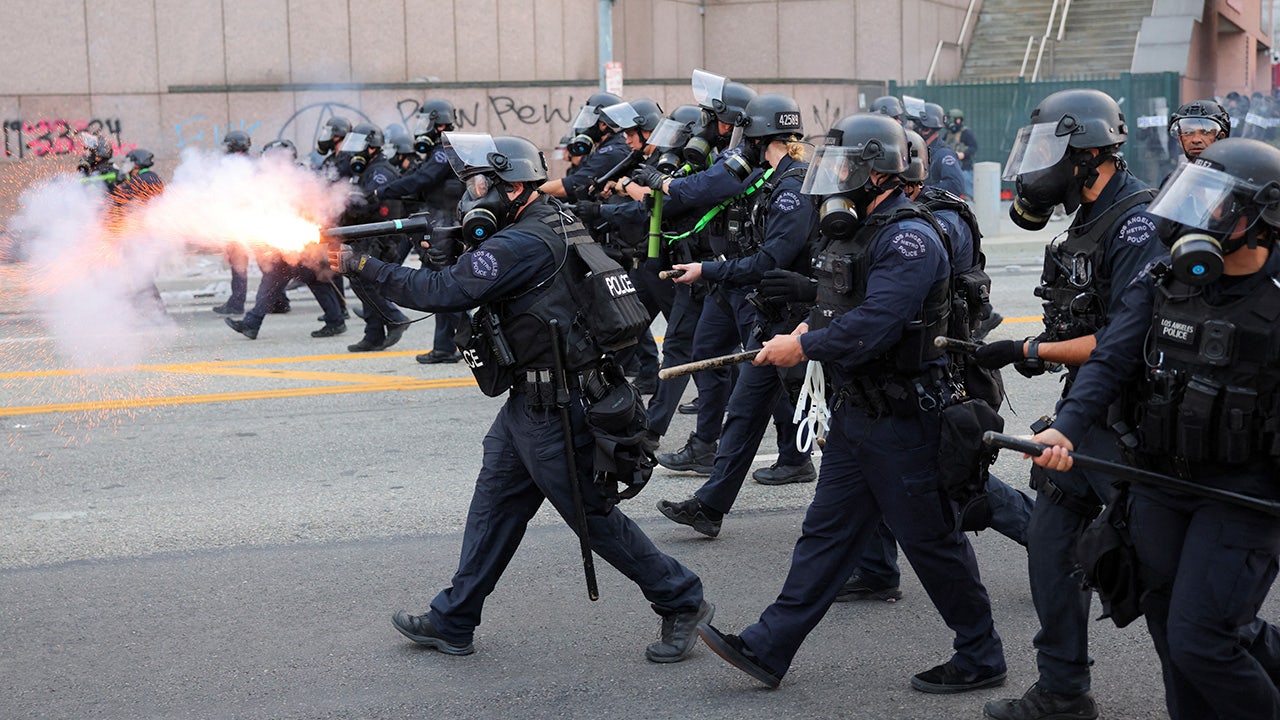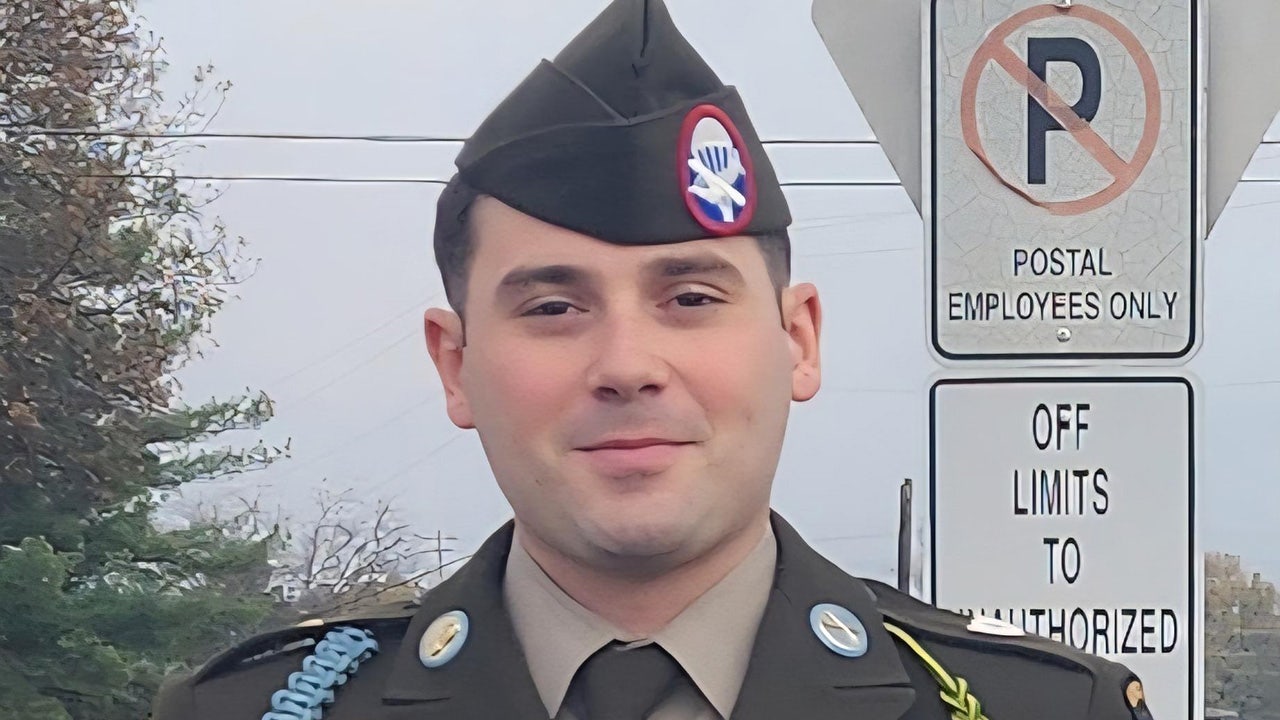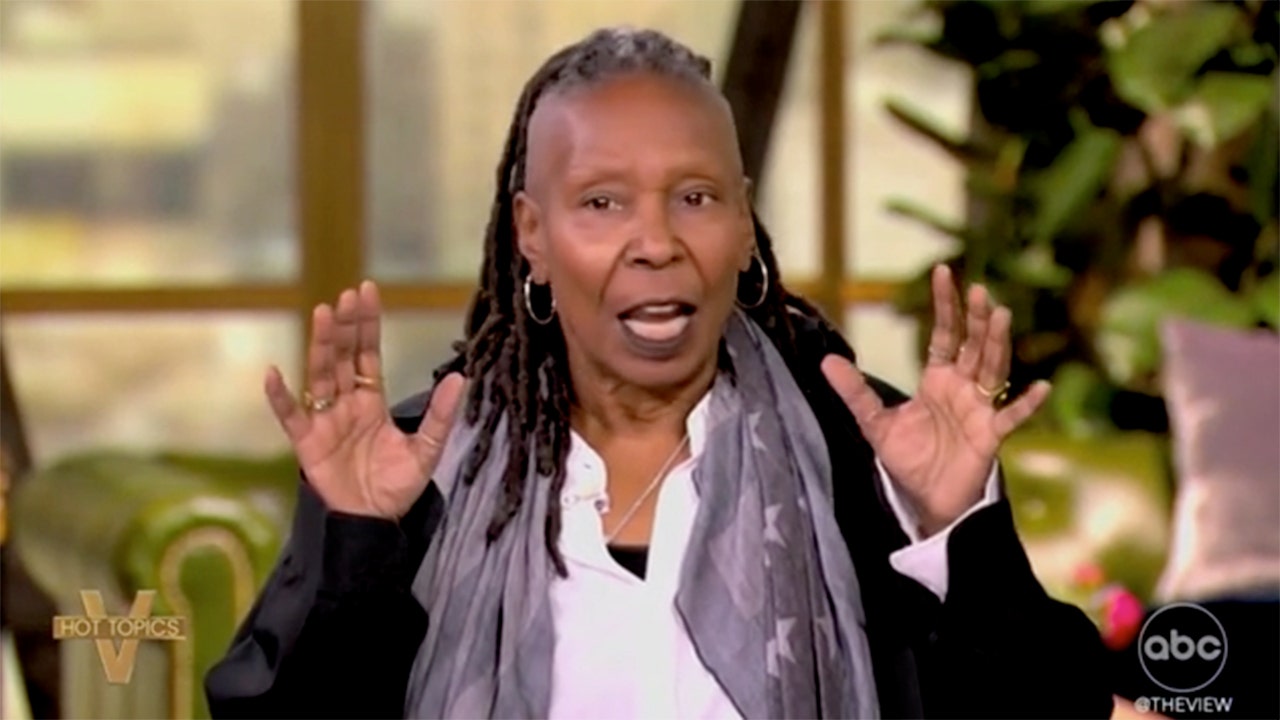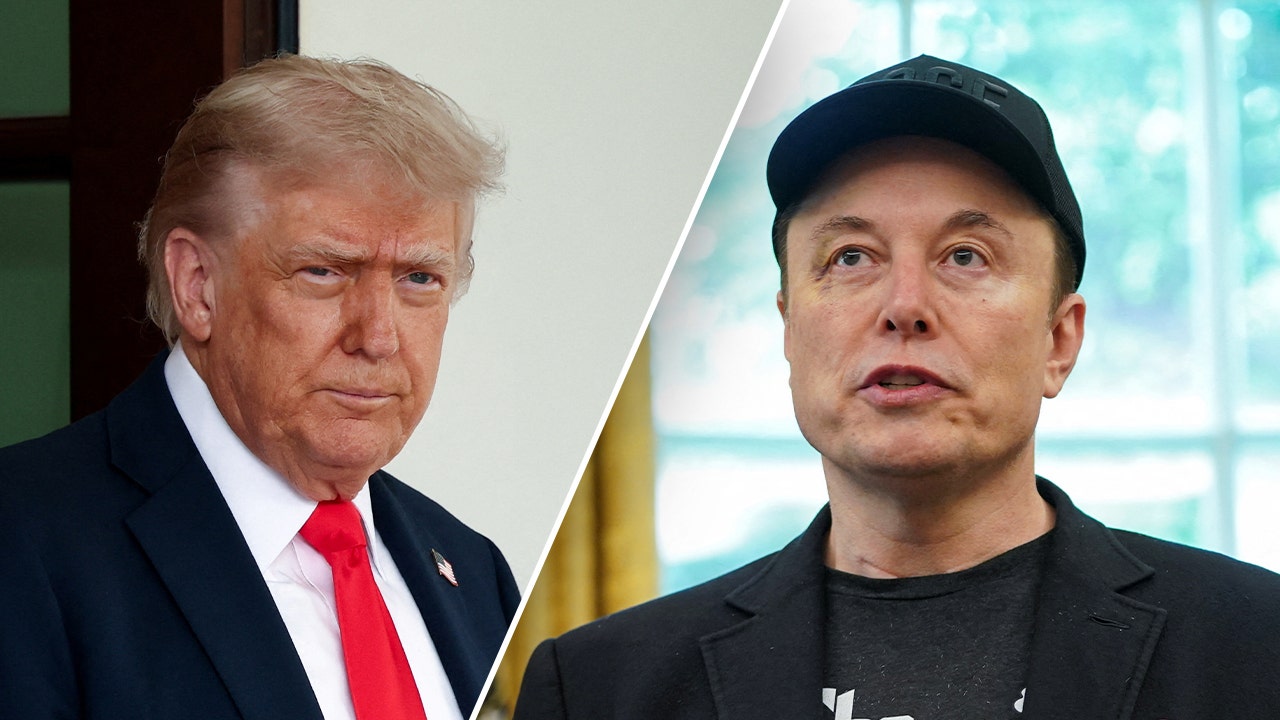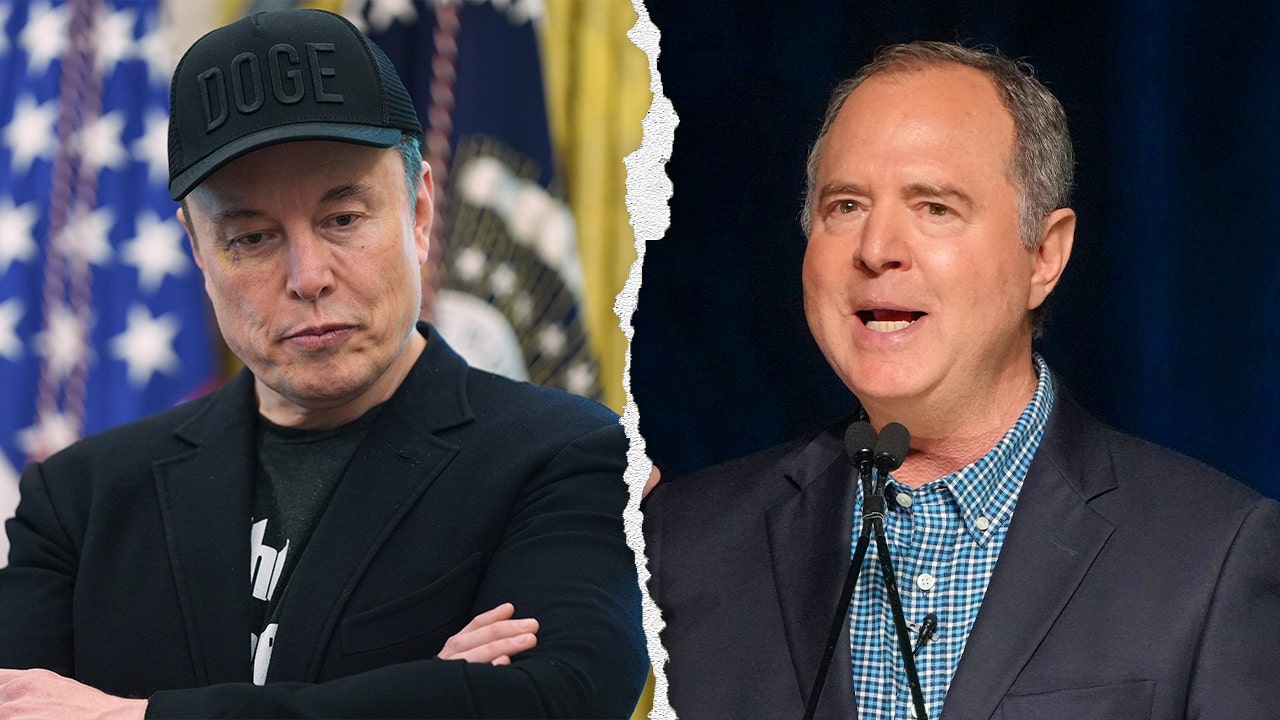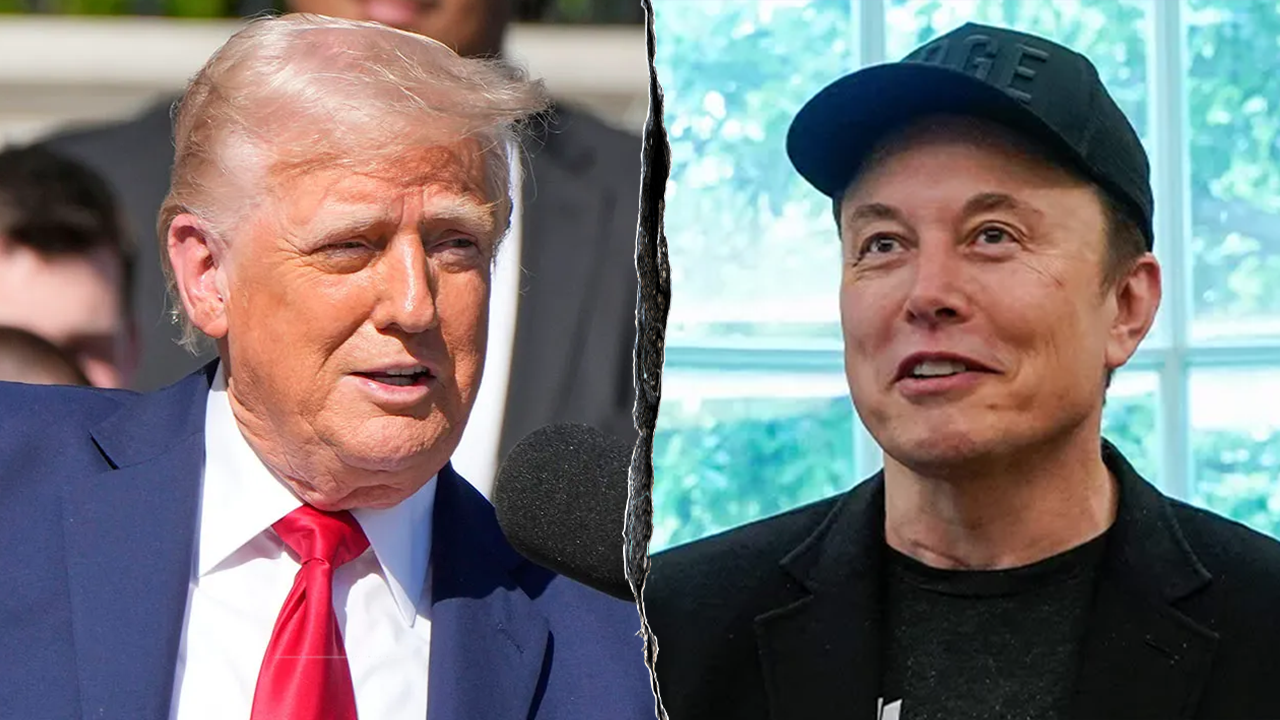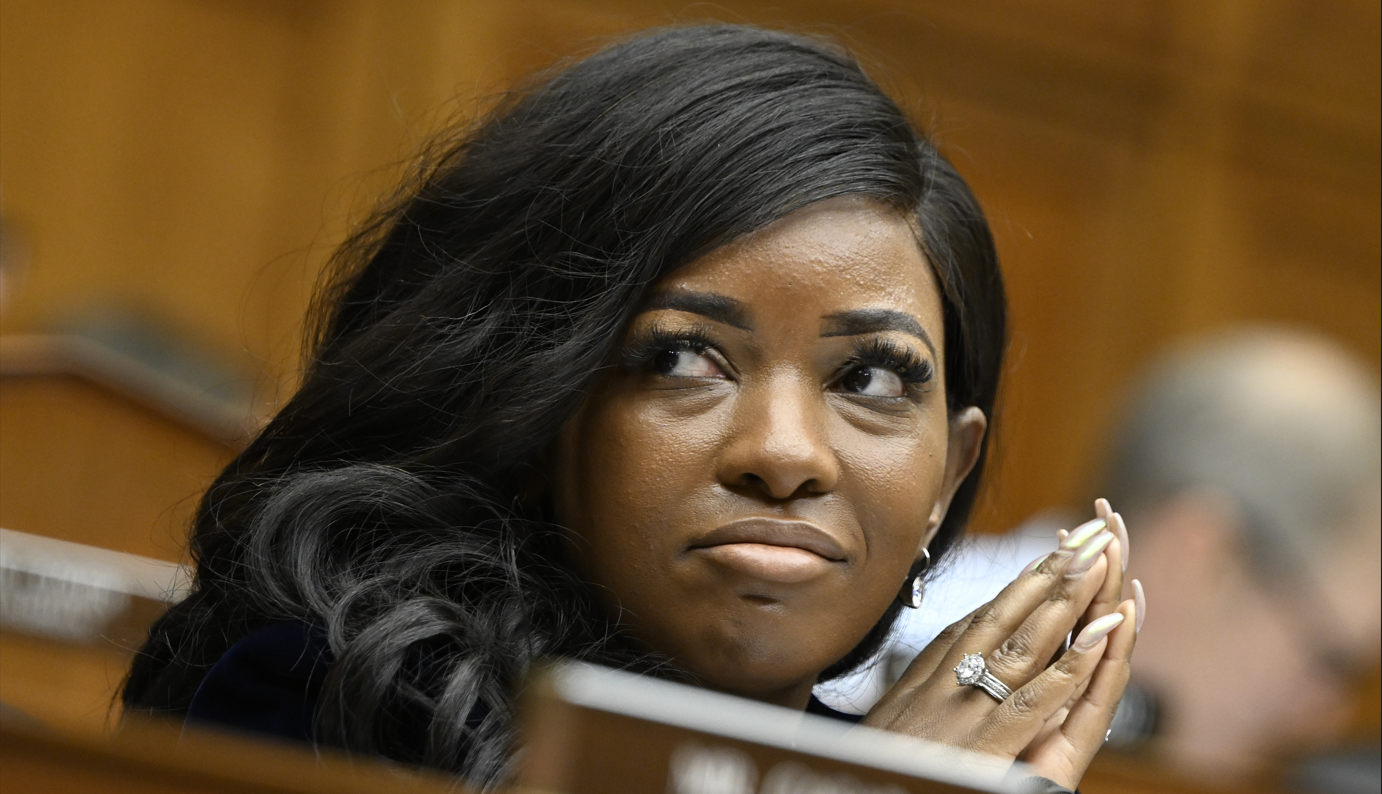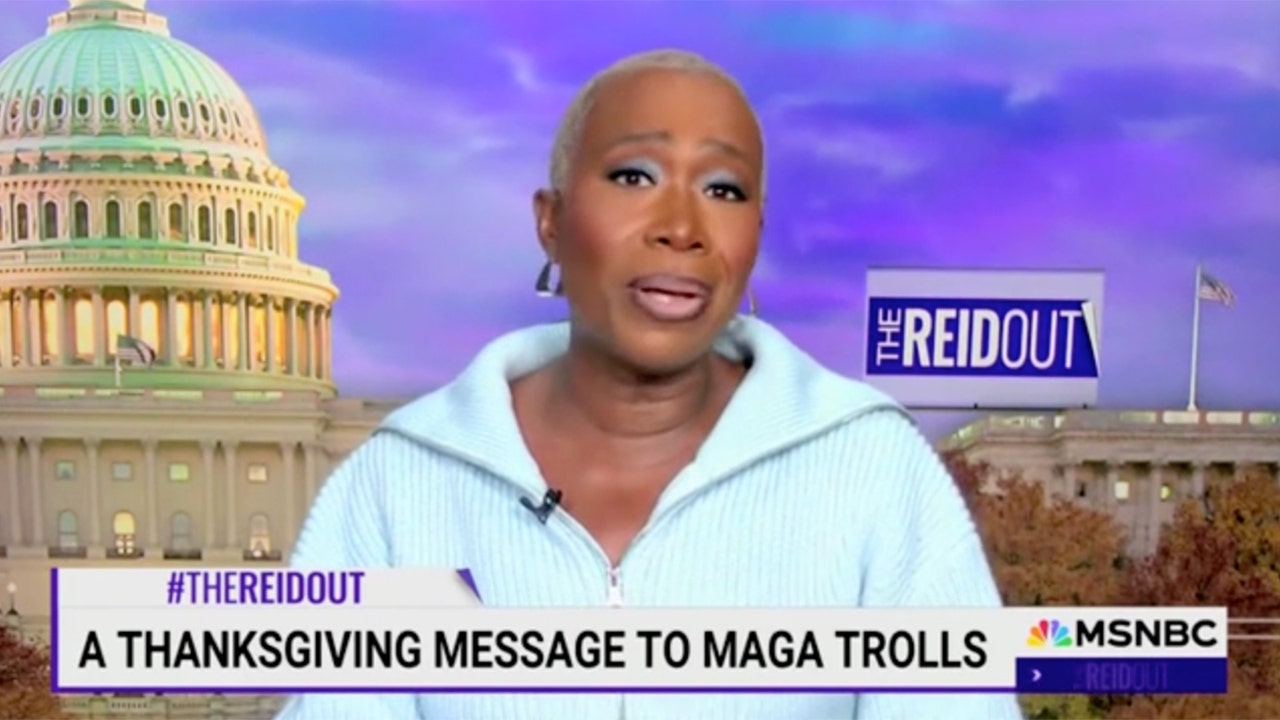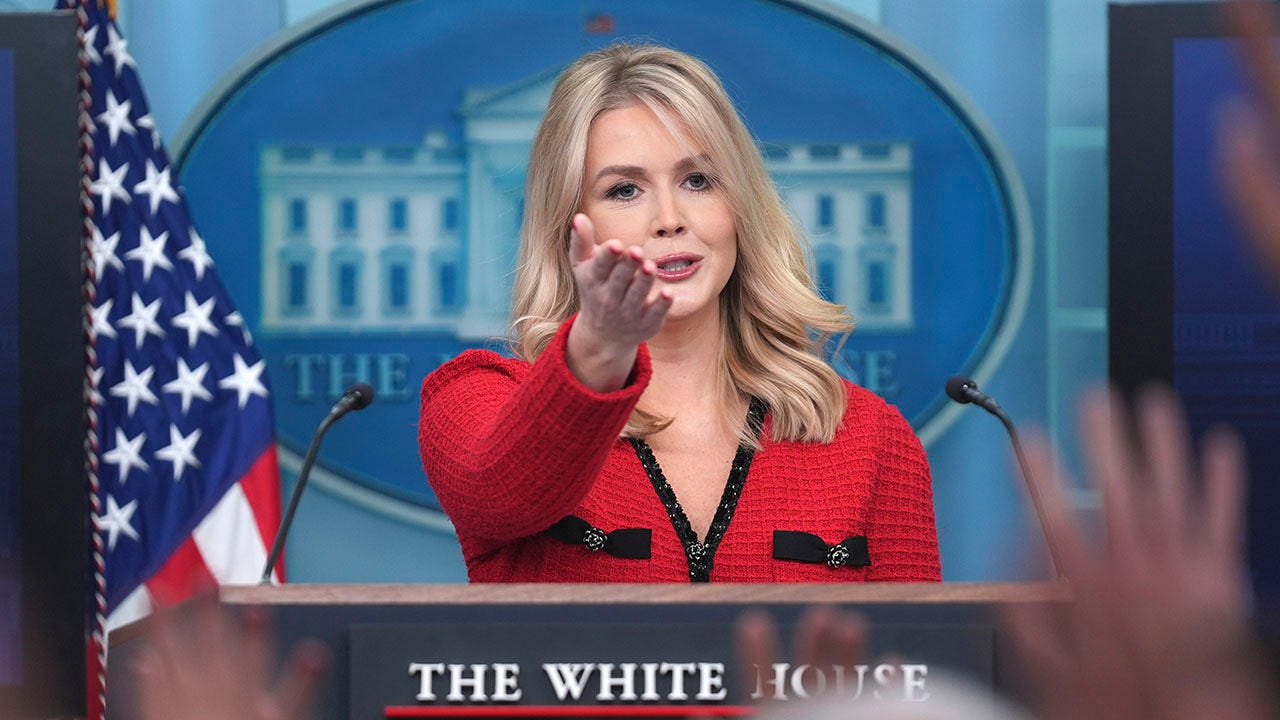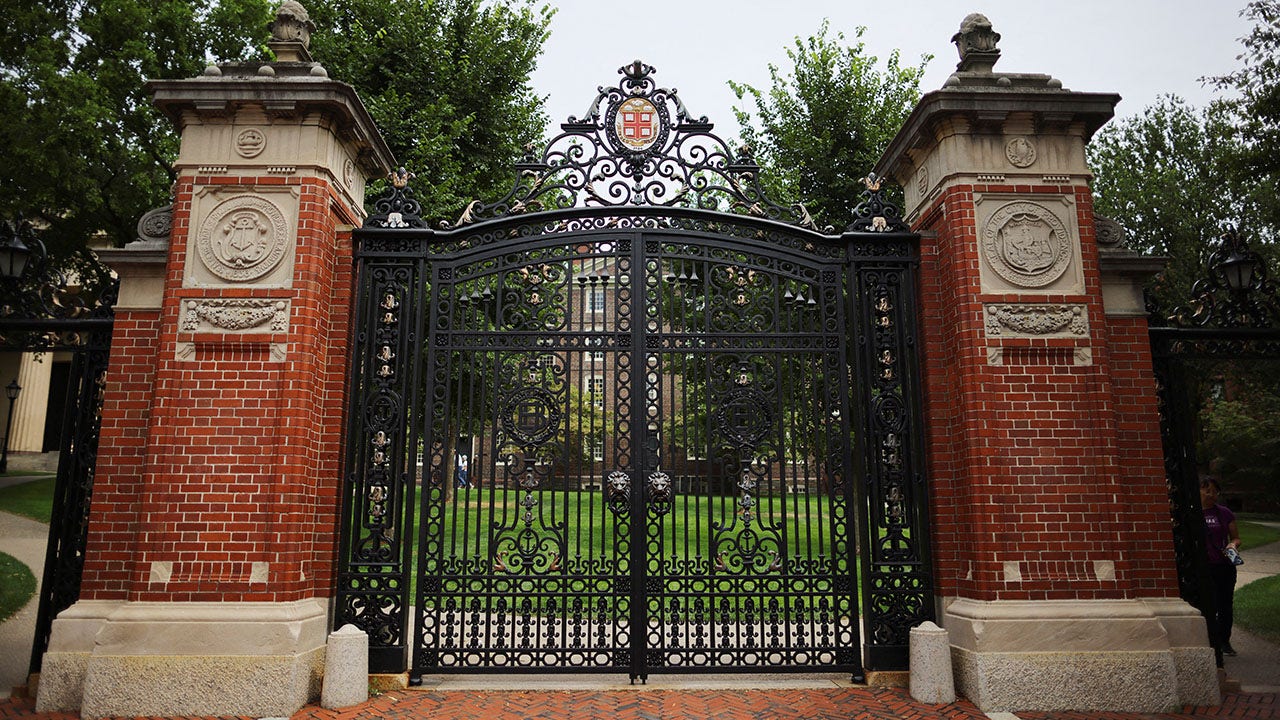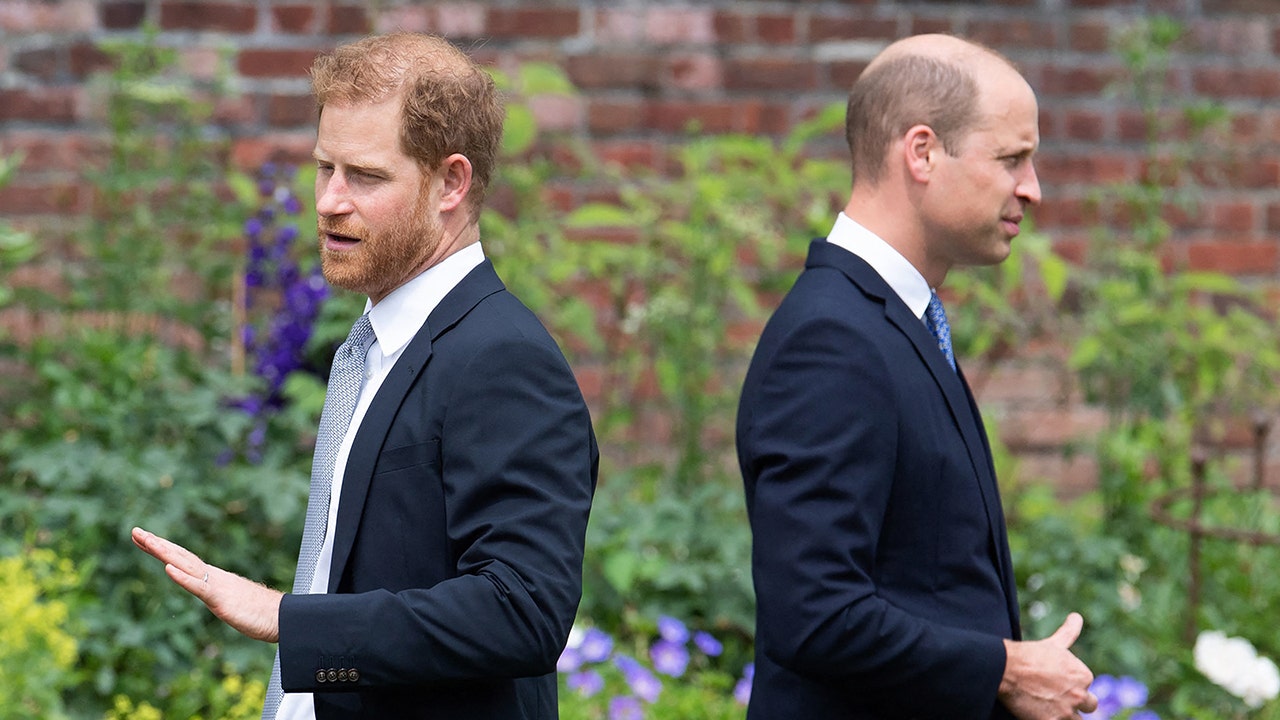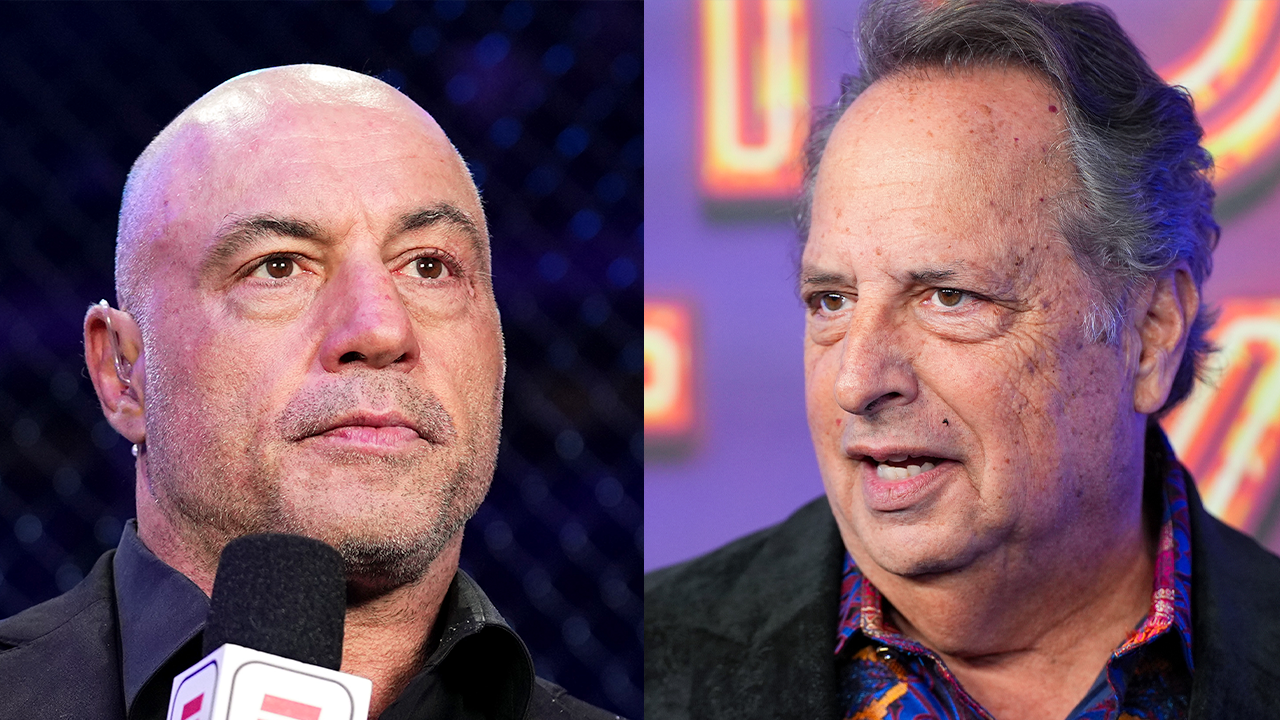NEWYou can now listen to Fox News articles!
A federal judge in Massachusetts on Thursday granted Harvard University's emergency request to block, for now, the Trump administration's effort to ban international students from its campus, siding with Harvard in ruling that the university would likely suffer "immediate and irreparable harm" if enforced.
The temporary restraining order from U.S. District Judge Allison D. Burroughs blocks the administration from immediately stripping Harvard of its certification status under the Student and Exchange Visitor Program, or SEVP — a program run by Department of Homeland Security (DHS) that allows universities to sponsor international students for U.S. visas.
Burroughs said in her order that Harvard has demonstrated evidence it "will suffer immediate and irreparable injury before there is an opportunity to hear from all parties," prompting her to temporarily block the SEVP revocation.
Still, some see the order as a mere Band-Aid, forestalling a larger court fight between Harvard and the Trump administration — and one that Trump critics say could be unfairly weighted against the nation's oldest university.
STATE DEPARTMENT NOW SCRUTINIZING ALL VISA HOLDERS ASSOCIATED WITH HARVARD
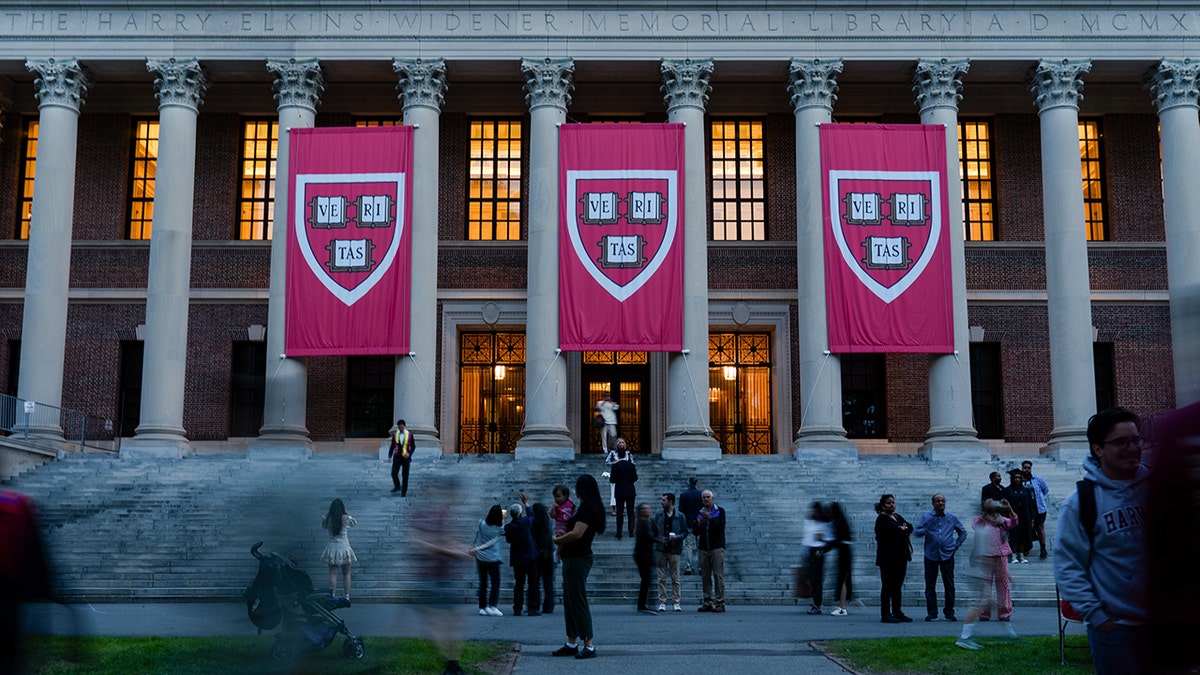
Banners hang outside the Harry Elkins Widener Memorial Library at the Harvard University campus in Cambridge, Massachusetts, on May 27. (Sophie Park/Bloomberg)
"Ultimately, this is about Trump trying to impose his view of the world on everybody else," Harvard Law professor Noah Feldman said in a radio interview discussing the Trump administration's actions.
Since President Donald Trump took office in January, the administration has frozen more than $2 billion in grants and contracts awarded to the university. It is also targeting the university with investigations led by six separate federal agencies.
Combined, these actions have created a wide degree of uncertainty at Harvard.
The temporary restraining order handed down on Thursday night is also just that — temporary. Though the decision does block Trump from revoking Harvard's SEVP status, it's a near-term fix, designed to allow the merits of the case to be more fully heard.
Meanwhile, the administration is almost certain to appeal the case to higher courts, which could be more inclined to side in favor of the administration.
And that's just the procedural angle.
JUDGES V TRUMP: HERE ARE THE KEY COURT BATTLES HALTING THE WHITE HOUSE AGENDA
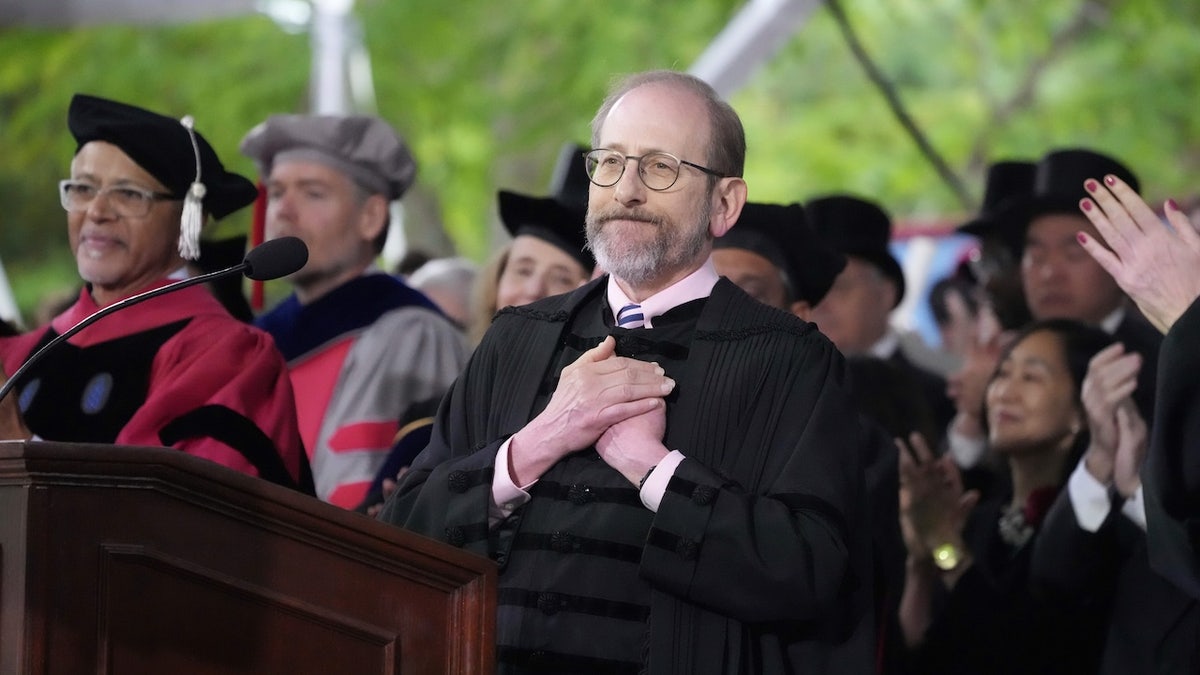
Harvard President Alan Garber acknowledges an extended round of applause during Harvard University's commencement ceremonies in Cambridge, Massachusetts, on May 29. (AP Photo/Charles Krupa)
Should Harvard lose its status for SEVP certification — a certification it has held for some 70 years — the thousands of international students currently enrolled at Harvard would have a very narrow window to either transfer to another U.S. university, or risk losing their student visas within 180 days, experts told Fox News.
Some may opt not to take that chance, and transfer to a different school that's less likely to be targeted by the administration — even if it means sacrificing, for certainty, a certain level of prestige.
Regardless of how the court rules, these actions create "a chilling effect" for international students at Harvard, Aram Gavoor, an associate dean at George Washington University Law School and a former Justice Department attorney, said in an interview.
Students "who would otherwise be attending or applying to Harvard University [could be] less inclined to do so, or to make alternative plans for their education In the U.S.," Gavoor said.
Even if the Trump administration loses on the merits of the case, "there's a point to be argued that it may have won as a function of policy," Gavoor said.
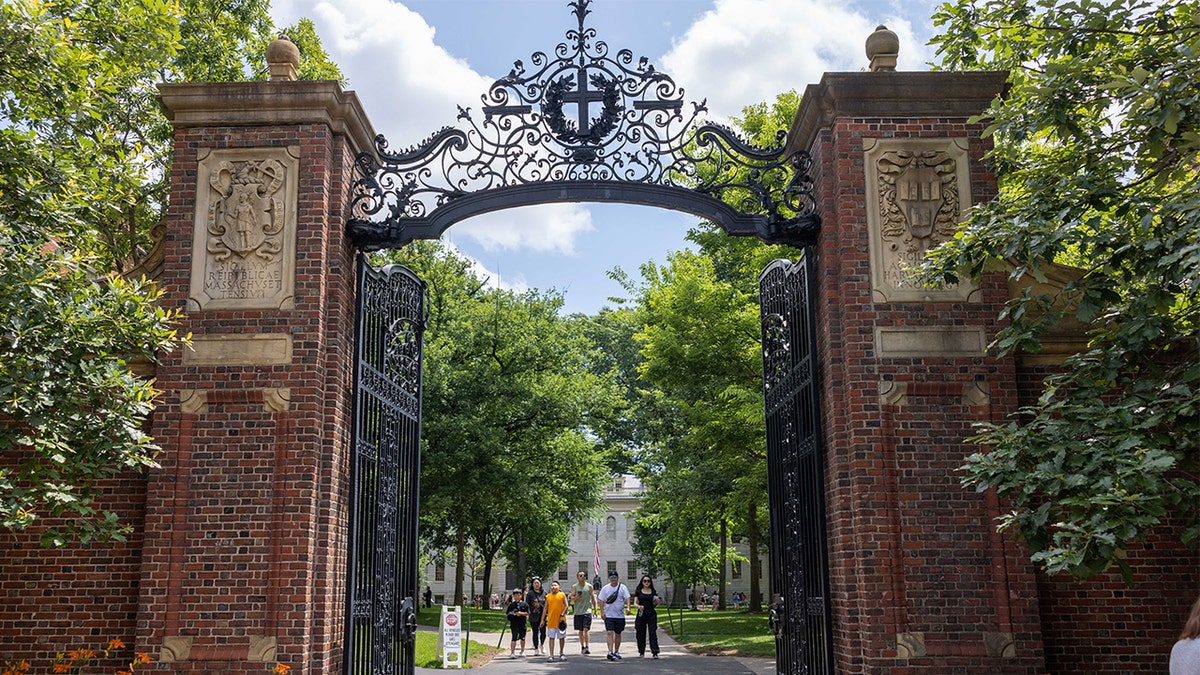
People walk through the gate on Harvard Yard at the Harvard University campus in Cambridge, Massachusetts, on June 29, 2023. (Getty Images)
Meanwhile, any financial fallout the school might see as a result is another matter entirely.
Though the uncertainty yielded by Trump's fight against Harvard could prove damaging to the school's priority of maintaining a diverse international student body, or by offering financial aid to students via the federally operated Pell Grant, these actions alone would unlikely to prove financially devastating in the near-term, experts told Fox News.
Harvard could simply opt to fill the slots once taken by international students with any number of eager, well-qualified U.S.-based applicants, David Feldman, a professor at William & Mary who focuses on economic issues and higher education, said in an interview.
Harvard is one of just a handful of American universities that has a "need-blind" admissions policy for domestic and international students — that is, they do not take into consideration a student's financial need or the aid required in weighing a potential applicant. But because international students in the U.S. typically require more aid than domestic students, replacing their slots with domestic students, in the near-term, would likely have little noticeable impact on the revenue it receives for tuition, fees and housing, he said.
"This is all about Harvard, choosing the best group of students possible," Feldman said in an interview. If the administration successfully revokes their SEVP certification, this would effectively just be "constraining them to choose the second-best group," he said.
"Harvard could dump the entire 1,500-person entering class, just dump it completely, and look at the next 1,500 [applicants]," Feldman said. "And by all measurables that you and I would look at, it would look just as good."
Unlike public schools, which are subject to the vagaries of state budgets, private universities like Harvard often have margins built into their budgets in the form of seed money that allows them to allocate more money towards things they've identified as goals for the year or years ahead.
This allows them to operate with more stability as a result — and inoculates them to a larger degree from the administration's financial hits.
CLICK HERE TO GET THE FOX NEWS APP
"Uncertainty is bad for them," Feldman acknowledged. But at the end of the day, he said, "these institutions have the capacity to resist."
"They would rather not — they would rather this whole thing go away," Feldman said. But the big takeaway, in his view, is that Harvard "is not defenseless."
Breanne Deppisch is a national politics reporter for Fox News Digital covering the Trump administration, with a focus on the Justice Department, FBI, and other national news.

 11 hours ago
6
11 hours ago
6
